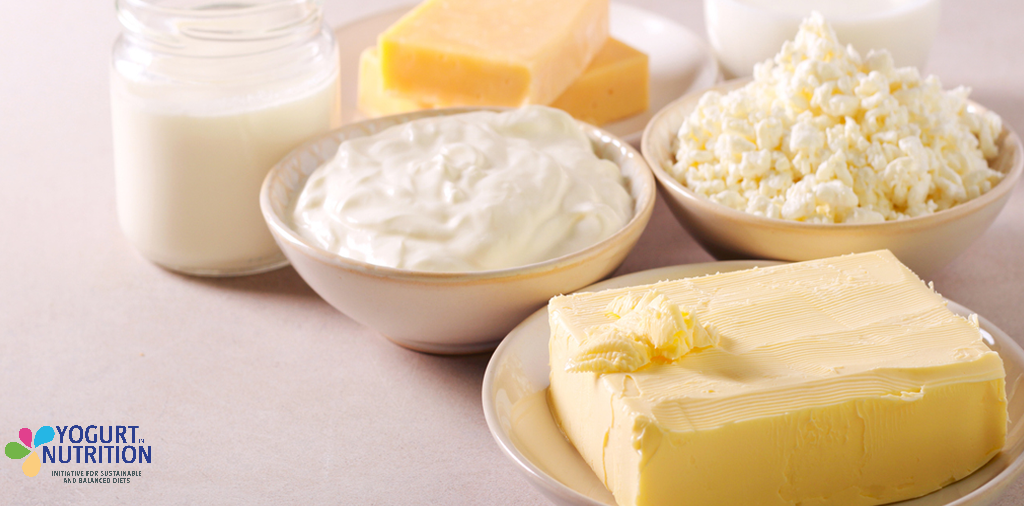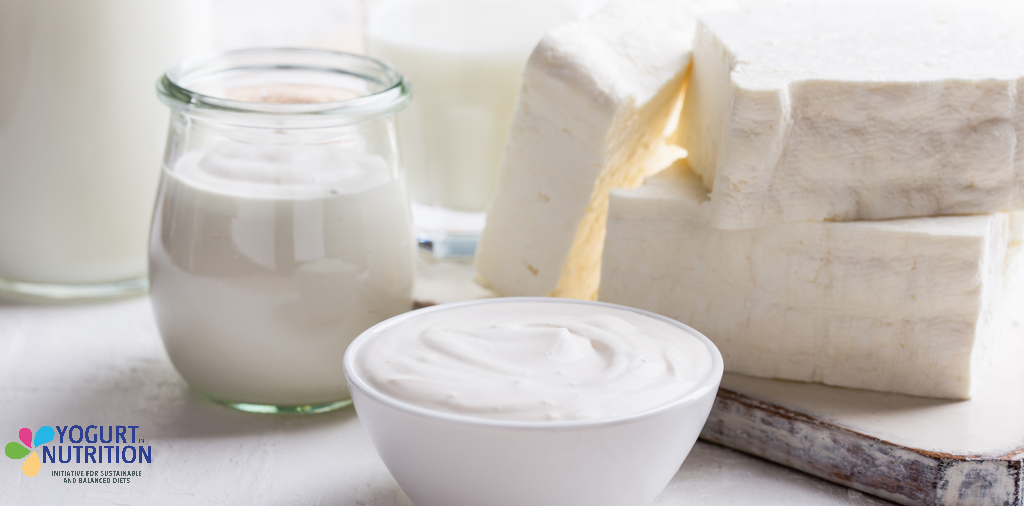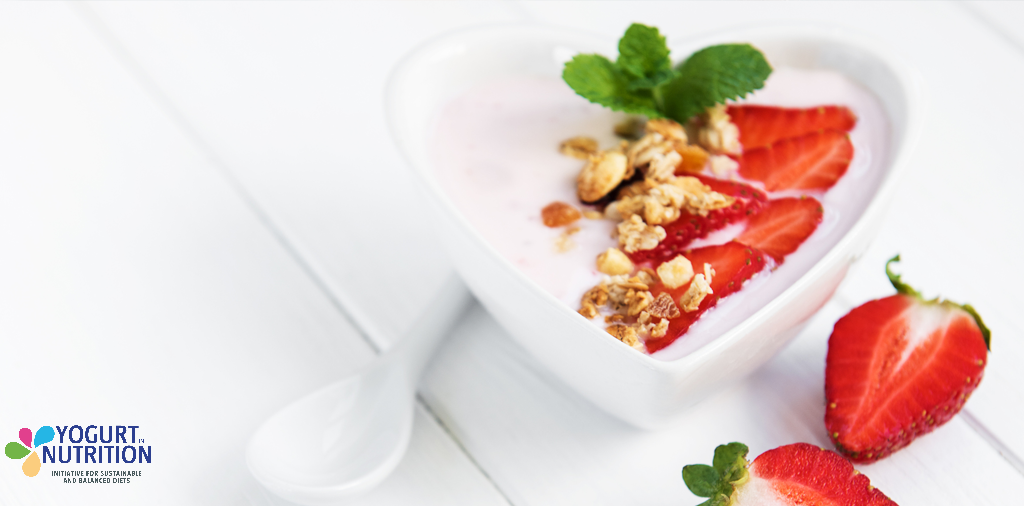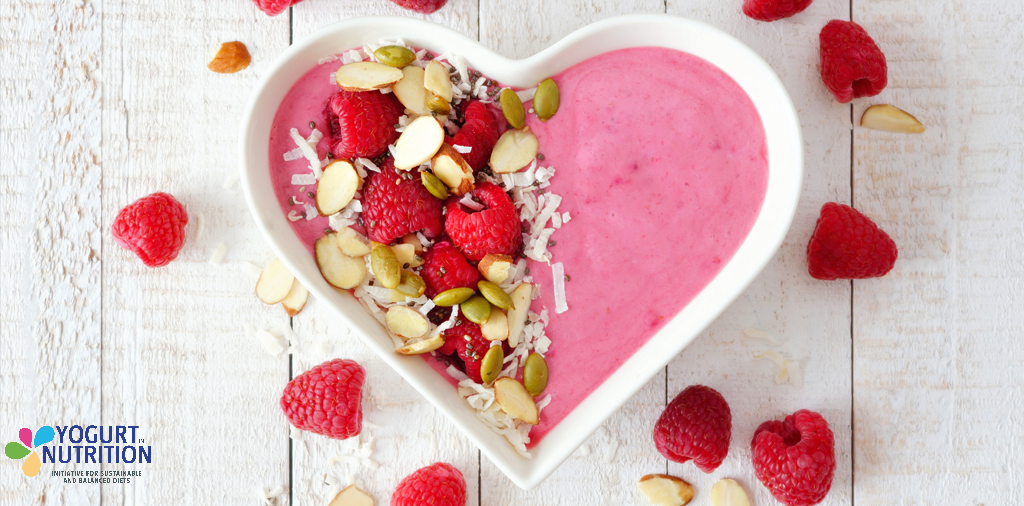Cardiovascular health
How to preserve cardiovascular health?
The Cardiovascular Diseases (CVD) concern all diseases related to the heart and blood vessels: heart attacks, angina, strokes, hypertension, etc.
Cardiovascular risks may be evaluated through many parameters such as body weight, waist circumference, blood pressure, fasting plasma lipids, insulin resistance and C-reactive protein (CRP), for example.
In the EU, 49 million people are living with a cardiovascular disease (CVD). It remains a major cause for concern, particularly because of the escalating rates of overweight and diabetes.
However, CVD are strongly linked to the way of life and many individual initiatives may help prevent a good cardiovascular health:
- Avoid smoking,
- Exercise every day (1)
- Maintain a balanced weight and low abdominal adiposity,
- Eat healthy diet.
Which foods to prevent heart and cardiovascular diseases?
Very large epidemiological studies have shown that individuals who follow a healthy dietary pattern may have a lower blood pressure and decreased cardiovascular risks.
This healthy diet is characterized by a high consumption of:
- fruits and vegetables,
- nuts and whole grains,
- olive oil,
- fish,
- yogurt and dairy foods (2).
Can I eat dairy products on a cardiac diet?
Despite their fat content, milk and dairy products are rich in protein, vitamins and minerals:
- Calcium, potassium and magnesium are linked to a reduced risk of stroke, (3)
- Benefits may also come from fat-soluble vitamins produced from dairy fats during fermentation.
Evidences suggest that dairy consumption does not raise CVD risks. A meta-analysis of prospective studies show that drinking a lot of milk does not increase the relative risk of coronary heart disease compared with low milk consumption. Other meta-analysis have shown no increase in CVD risks and a fall in risk of stroke per unit increase in milk and cheese consumption (4).
What about saturated fats?
Dietary guidelines targeting CVD risks have tended to restrict the global intake of saturated fats because of their association with raised blood cholesterol. Some proposals have advised restricting dairy foods, as they are major sources of saturated fats (5).
However, recent studies indicate that such approaches would be simplistic. Indeed, dietary guidelines recommending low-fat dairy products in stroke prevention have been called into question by the findings of a large-scale Danish study (6). It found that substituting whole-fat fermented milk in place of other dairy types – including low-fat milk – is associated with a reduced risk of ischaemic stroke (7).
Furthermore, milk and dairy products are rich in micronutrients and proteins, such as whey protein, which may lower blood pressure (8). Research has also suggest that dairy product consumption does not increase arterial stiffness, an important predictor of CVD events.
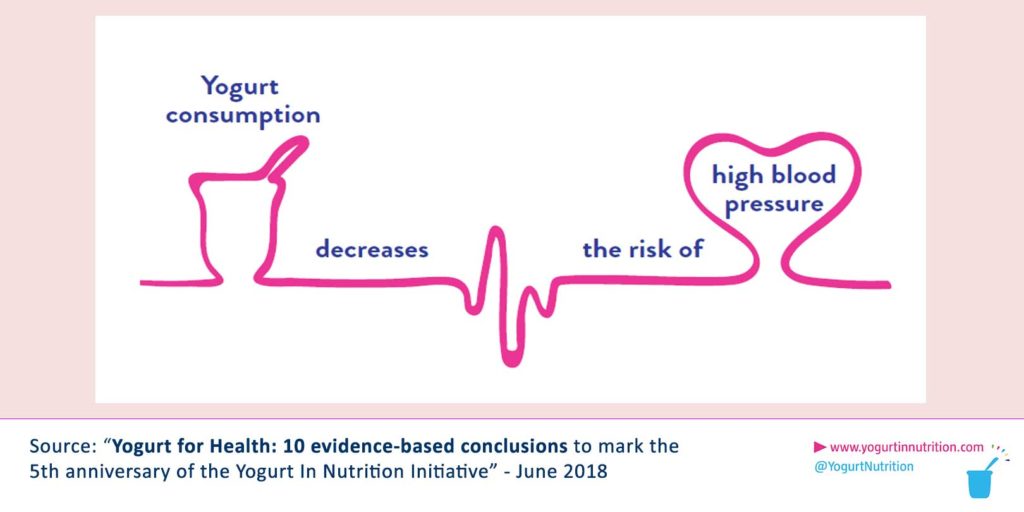
Do yogurt and fermentation bring specific benefits for cardiovascular health?
Yogurt and fermented dairy products are often linked with gut health. However, they also appear to benefit cardiometabolic health, which encompasses cardiovascular and metabolic diseases.
Higher consumption of cheese, yogurt and kefir is linked with lower levels of LDL-cholesterol and blood pressure, together with a lower risk of T2D, stroke and coronary heart disease (9).
How fermented foods influence risk factors for CVD is yet to be uncovered. However, it is thought that probiotics and vitamin K2, which are both present in fermented dairy foods, may play a part. The fermentation process may also have a role as it leads to changes in the structure of fats and proteins.
The fermentation process influence also the dairy fat composition and increase the concentration of conjugated linoleic acid which, evidence suggests, may have several anti-atherosclerotic benefits including changes in body fat, lipid profile and blood pressure (10).
Yogurts in particular, with their diverse assortment of different bioactive, nutrient-rich compounds, especially when consumed with fruit, have been linked with a reduced risk of CVD, diabetes and metabolic syndrome, like high blood pressure (11) or high blood glucose (12).
It is also likely that the calcium, protein, bioactive nutrients and live cultures contained in yogurt have beneficial effects Bioactive peptides released during yogurt fermentation have been shown to have cardio-metabolic health properties (12).
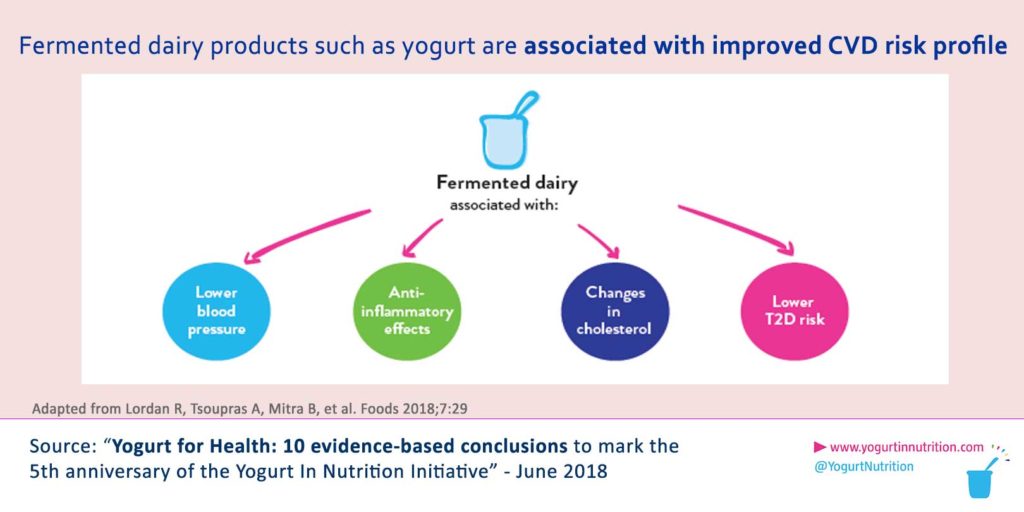 A study shows that higher consumption of yogurt among the men and women in two cohorts of people with hypertension is associated with a lower risk of CVD as shown by their rates of heart attack and stroke (2).
A study shows that higher consumption of yogurt among the men and women in two cohorts of people with hypertension is associated with a lower risk of CVD as shown by their rates of heart attack and stroke (2).
CVD risk reduction is even greater when yogurt is part of a global healthy diet.
For more information:
Sources:
[1] Kim HK, Kim SH, Jang CS et al. The combined effects of yogurt and exercise in healthy adults: Implications for biomarkers of depression and cardiovascular diseases. Food Sci Nutr. 2018;6:1968-1974.
[2] Dehghan M, Mente A, Rangarajan S et al. Association of dairy intake with cardiovascular disease and mortality in 21 countries from five continents (PURE): a prospective cohort study. Lancet. 2018 Sep 11; S0140-6736(18)31812-9
[3] Guo J, Astrup A, Lovegrove JA et al. Milk and dairy consumption and risk of cardiovascular diseases and all-cause mortality: dose–response meta-analysis of prospective cohort studies. Eur J Epidemiol. 2017;32(4):269-87.
[4] Wu L et al. Consumption of Yogurt and the Incident Risk of Cardiovascular Disease: A Meta-Analysis of Nine Cohort Studies. Nutrients 2017;9:315.
[5] Benatar JR1, Jones E2, White H2, Stewart RA2. Eur J Prev Cardiol. 2014 Nov;21(11):1376-86.
[6] Givens DI. Saturated fats, dairy foods and health: A curious paradox? Nutrition Bulletin, 42, 274–282.
[7] Lordan R, Tsoupras A, Mitra B, Zabetakis I. Dairy fats and cardiovascular disease: do we really need to be concerned? Foods 2018 Mar 1;7(3)
[8] Buendia JR, Li Y, Hu FB et al. Regular yogurt intake and risk of cardiovascular disease among hypertensive adults. Am J Hypertens. 2018 Feb 15.
[9] Guo J, Astrup A, Lovegrove JA et al. Milk and dairy consumption and risk of cardiovascular diseases and all-cause mortality: dose–response meta-analysis of prospective cohort studies. Eur J Epidemiol. 2017;32(4):269-87.
[10] Fernandez MA, Panahi S, Daniel N, et al. Yogurt and cardiometabolic diseases: a critical review of potential mechanisms. Adv Nutr 2017;8(6):812-829.
[11] Buendia, J. R et al. (2018). Long-term yogurt consumption and risk of incident hypertension in adults. Journal of hypertension, 36(8), 1671–1679.
[12] Mozaffarian D, Wu JHY. Flavonoids, dairy foods, and cardiovascular and metabolic health. a review of emerging biologic pathways. Circ Res 2018;122:369-384.



